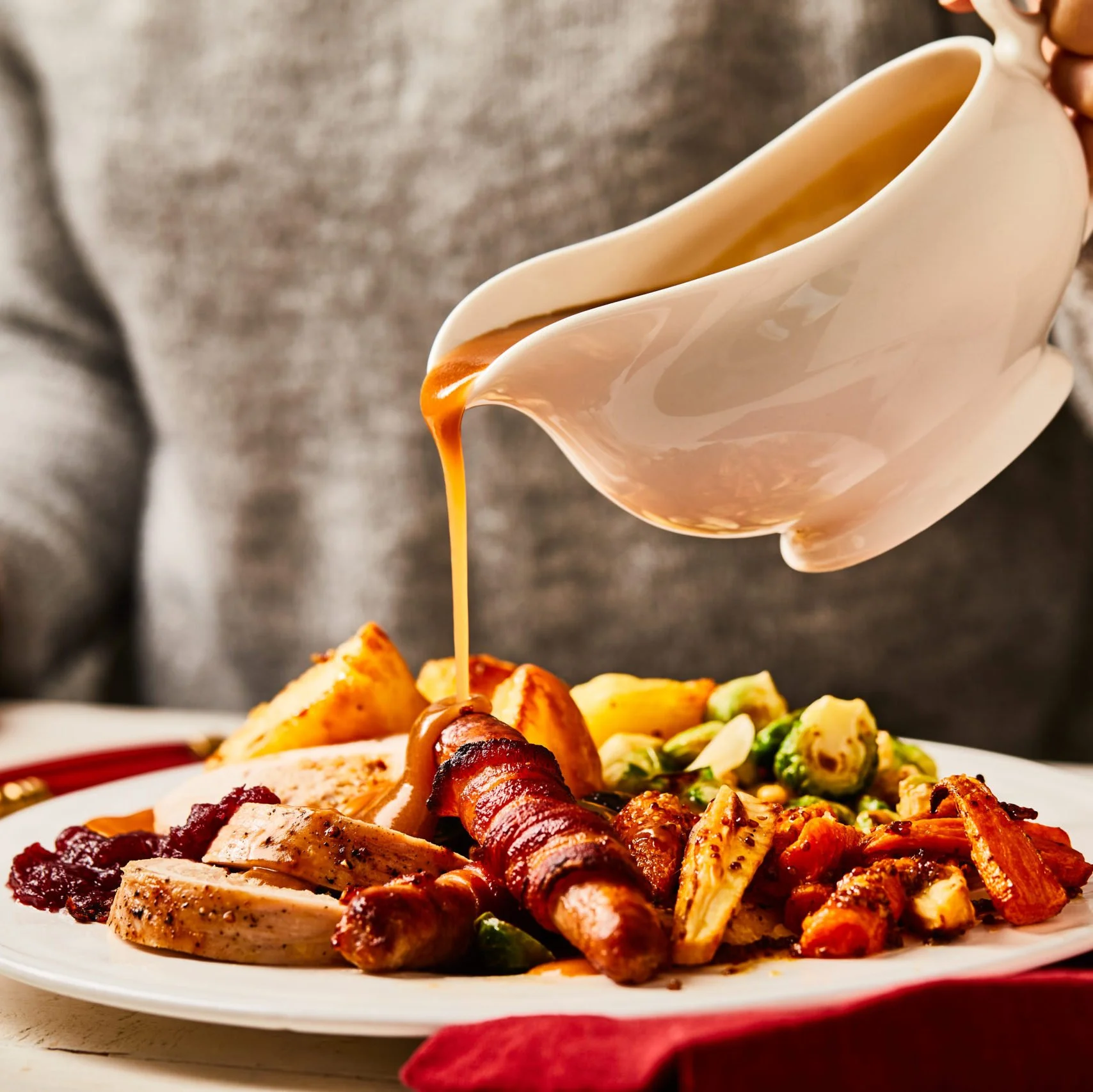Overcoming Food Guilt: Nurturing a Healthier Food Mindset
Food guilt – we've all experienced it. That sinking feeling after consuming a food that doesn’t align with your health goals, indulging in a ‘forbidden’ treat, or straying from a meticulously planned diet.
But what if I told you that getting attached to those guilty feelings could be more harmful than any cupcake or pizza could ever be? And what if I told you there is a way to drop the struggle with food guilt?
Overcoming the guilt associated with eating certain types of food is one of my clients’ biggest challenges. In this blog I share thoughts on food guilt and explore some liberating steps you can take to eat and live with more ease and enjoyment.
RECOGNISING the UNDERLYING DRIVERS
First, it’s important to recognise that feelings of guilt are not a result of individual weakness or failure. Yes, personal emotional and psychological factors can be at play, but they tend to be deeply influenced by a combination of cultural and familial influences, and societal factors.
When we dig through the layers, a big underlying driver of food guilt is societal emphasis on thinness and ‘ideal’ body standards, which has led to the promotion of restrictive diets and ‘clean eating’.
It’s common for people to feel guilty when they deviate from these norms by eating foods that are perceived as unhealthy or indulgent. This guilt is perpetuated by diet culture's portrayal of certain foods as ‘bad’ or ‘off-limits’, and wellness culture taking an overly virtuous approach to nutrition.
Entwined with this are weight-related concerns. People may feel guilty about eating certain foods if they believe those foods will lead to weight gain or disrupt their progress in weight management or dieting.
FIVE STRATEGIES TO NURTURE A GUILT-FREE FOOD MINDSET
If you struggle with food guilt then it may be helpful simply to bring awareness to the concept that your experience isn’t uncommon, and there’s likely a combination of external influences that have played into it.
Here are some further steps you can take to navigate food guilt, and importantly, to avoid falling into a vicious cycle of guilt and restriction, or stress and emotional eating.
1 PRACTICE SELF-COMPASSION
Instead of berating yourself for your choices, can you open up to some self-compassion? Recognise that everyone has moments where they make less-than-ideal food choices.
2 Reflect Without JudgEment
Take a little time to reflect on why you chose to eat that particular food. Was it due to emotional triggers, social situations, convenience, or simply a craving? Understanding your motivations can help you make more mindful choices in the future without assigning blame or guilt.
3 RELINQUISH UNREALISTIC EXPECTATIONS
Unrealistic expectations about eating habits and food choices can set individuals up for feelings of guilt when inevitable deviations occur. As a nutritional therapy practitioner, I’m very aware of this and never expect clients to strive for perfection in eating. Ironically, when we don’t label foods as off-limits, they don’t hold so much power over us, which can in turn help prevent uncontrollable cravings and the guilt that often follows giving into them.
4. DROP the Good-Bad Food Dichotomy
It’s too easy to label food as ‘good’ and ‘bad’. The problem is that viewing certain foods as strictly ‘unhealthy’ can, for some people, lead to feelings of guilt and contribute to an unhealthy relationship with food. Try to avoid the moral labels, or splitting your choice into good and bad camps, and recognise that food, nutrition, and our eating experiences are more complex than that.
5 CULTIVATE A MINDFUL APPROACH TO EATING
Eating mindlessly or when distracted, without paying attention to hunger and fullness cues, can contribute to guilt. When individuals don't listen to their bodies and over-consume or eat out of boredom, they may feel guilty afterward due to a perceived lack of control. In these cases, consciously adopting a more mindful approach to eating can be transformative. Slow down, get present, and engage your senses whilst eating. It not only enhances your enjoyment of food but you’re more likely to eat to true satisfaction and fullness levels.
MY CONCLUSIONS
Dropping the struggle with food guilt often involves unpacking underlying influences, cultivating self-compassion, practicing mindful eating, and reframing one's relationship with food to be more balanced and intuitive. We can also choose to gently learn from our experiences, if food choices we’ve made bring us real discomfort or no real joy.
But always remember that ultimately no single food or meal will define your health or wellbeing. The key to a peaceful, resilient relationship with food isn’t to eliminate all the less healthy foods from your diet - but to create an enjoyable connection with food that supports both your physical and emotional wellbeing.
Take a positive step forward today
Are worries about food, weight, or overeating draining your time, energy, and peace of mind? Are you struggling with low mood, food cravings, gut health, or digestion challenges?
Old mindsets and habits can be hard to shift on your own. If you are looking to reset your eating patterns, make peace with your body, and reclaim your energy, I can help you.
Please check out my private programmes here, or book an exploratory chat to find out more.







